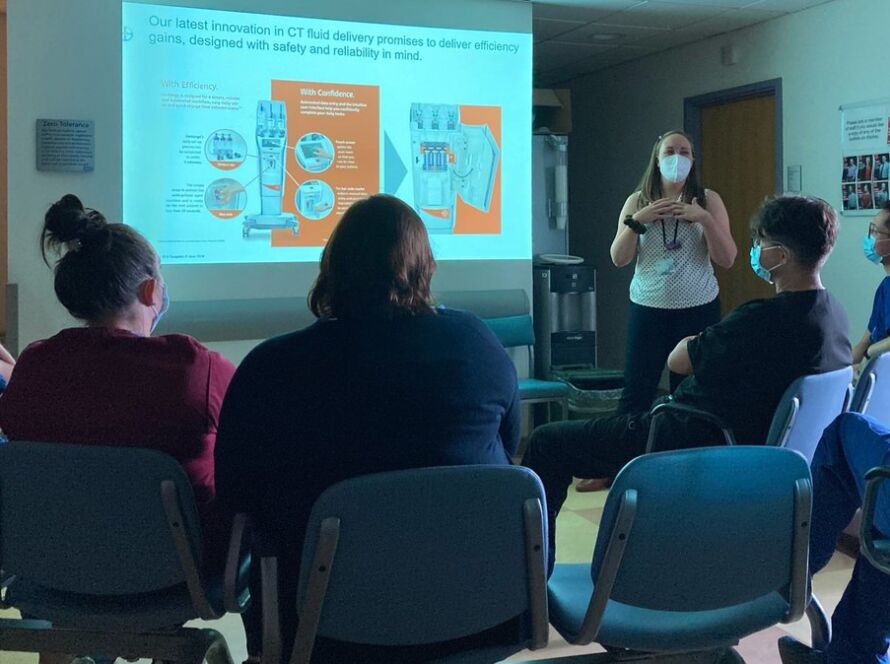Intelligent automation has become a game-changer in the pharmaceutical industry, revolutionizing the way processes are carried out and enhancing overall efficiency. By combining the power of artificial intelligence (AI) with automation, pharmaceutical companies are able to streamline operations, improve productivity, and ultimately deliver better patient outcomes. This article explores the various ways in which AI-powered solutions are driving efficiency and transforming the landscape of the pharma industry.
The Power of Intelligent Automation in Pharma
Intelligent automation, often referred to as IA, is a cutting-edge technology that combines artificial intelligence and robotic process automation. In the pharmaceutical industry, this amalgamation is proving to be a powerful tool for process optimization and streamlining operations. IA enables the automation of repetitive and time-consuming tasks, freeing up valuable resources and allowing employees to focus on more complex and critical activities.
One of the significant benefits of intelligent automation in pharma is its ability to handle vast amounts of data quickly and accurately. AI-powered solutions can extract valuable insights from various sources, including electronic health records, clinical trials, and medical literature. By automating data analysis, pharmaceutical companies can identify patterns, predict trends, and make informed decisions. This not only saves time but also reduces the risk of errors, which can have significant implications in the highly regulated pharma industry.
Leveraging AI-Powered Solutions to Enhance Efficiency
AI-powered solutions have the potential to revolutionize multiple aspects of pharmaceutical operations, from research and development to supply chain management and patient care. For instance, in the field of drug discovery, IA can significantly accelerate the process by quickly analyzing vast amounts of data and identifying potential drug candidates. This expedites the development of new treatments, allowing patients to access life-saving medications sooner.
Additionally, intelligent automation can optimize supply chain management by automating inventory control, forecasting demand, and streamlining logistics. By leveraging AI algorithms, pharmaceutical companies can reduce costs, minimize waste, and ensure timely delivery of essential drugs. Furthermore, AI-powered chatbots and virtual assistants can enhance patient care by providing personalized support and answering common medical queries, thereby reducing the burden on healthcare professionals.
Intelligent automation has transformed the pharmaceutical industry, paving the way for greater efficiency and improved patient outcomes. By harnessing the power of AI-powered solutions, pharmaceutical companies can automate tasks, analyze data, and streamline operations in ways that were previously unimaginable. The potential for intelligent automation in pharma is vast, and as technology continues to advance, we can expect further innovations that will revolutionize the industry. By embracing these advancements, pharmaceutical companies can stay ahead of the curve, drive efficiency, and ultimately contribute to a healthier future for all.


